John Zorn at the Barbican Centre

Of all the modern American composers to emerge from the 20th century, John Zorn was the most post-modern, prolific and all-encompassing. The musical universe he has created is utterly distinct and unique, yet has always garnered power in reflecting music from around the world, suggesting a soundtrack to the new globalised culture. For the uninitiated, it’s probably aptest to describe him as both musical-lunatic and tourist, and indeed the experimental figurehead in downtown NYC.
At 60, he’s hit the road with a few dozen of his collaborators and followers, to celebrate another decade of musical trailblazing. Even by the Barbican’s standards the programme is an eclectic one, comprising seven separate outfits to interpret Zorn’s music, including an ethereal jazz piano trio (Illuminations), a five piece women’s a cappella choir (The Holy Visions), a Mike Patton-fronted metal-fusion quartet (Moonchild), and Zorn’s beloved surf and exotica outfit (The Dreamers). Bookending the evening were two of the composer’s most all-encompassing projects, Electric Masada and The Song Project.
Most striking, and the one element that has truly never come across on record, is the overbearing and often physically direct control Zorn himself has over his music. He was on stage for 6 of the 7 outfits, sitting, standing or generally wandering around the performers, interacting and directing the proceedings, not so much conducting as playing the bands. His selection of and relationship with his players have always been an integral part of the composition progress, as important as the staves, notes and cue cards that make up his unconventional scores.
The high points were too numerous to measure, but the sheer mastery of Marc Ribot and Joey Baron over their instruments was particularly notable. The intensely avant-garde and difficult piece for string quartet (whose madly long title was read out with wry humour by Zorn), like the a cappella women quintet’s, stood out as the least accessible moments, yet the virtuosity on display and way in which Zorn played almost via proxy through the instrumentalists was something to behold. To the show’s benefit, these moments of alien discord and difficult music were well balanced by The Dreamers, Electric Masada and Song Project − music so universal and appealing even your grandmother could dig it.
In a recent interview with the New York Times, Zorn said of turning 60: “You have no more doubts. I know why I’m here on this planet. I know what I need to do. I know what is a distraction and what isn’t.” It’s a sentiment that’s clear in his current music − still radical, and yet focused. There’s nothing left to prove for the greatest genius in modern culture, only an infinite universe to explore, trying to discover exactly “how” and “what” music is.
Tristan Bath
For further information and future events visit John Zorn’s website here.
Watch a portrait of the composer here:

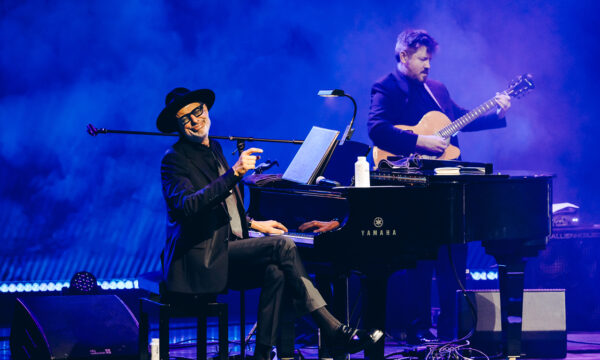


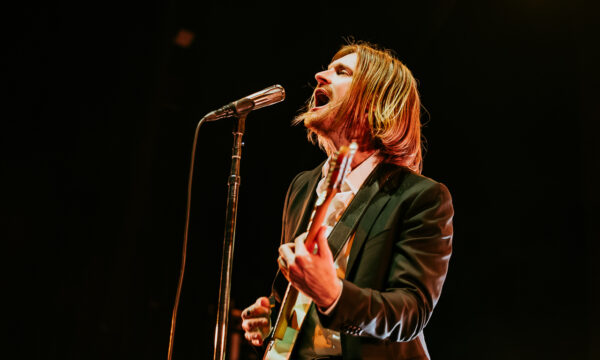
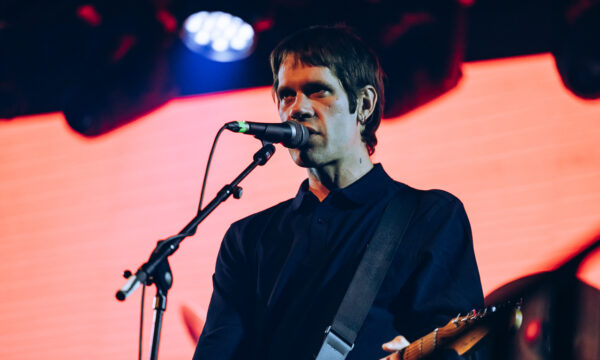
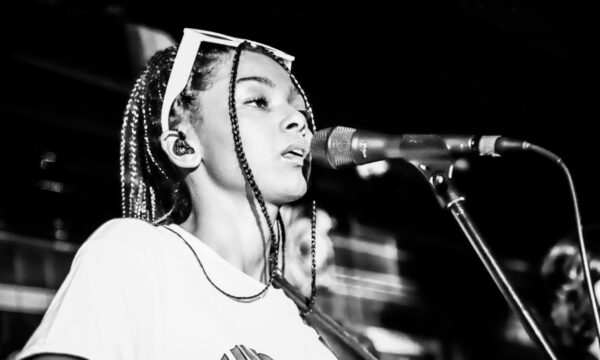
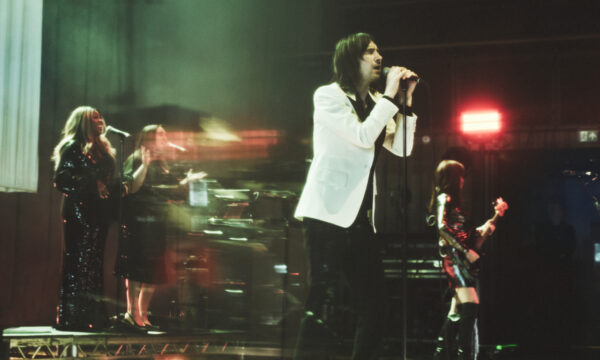
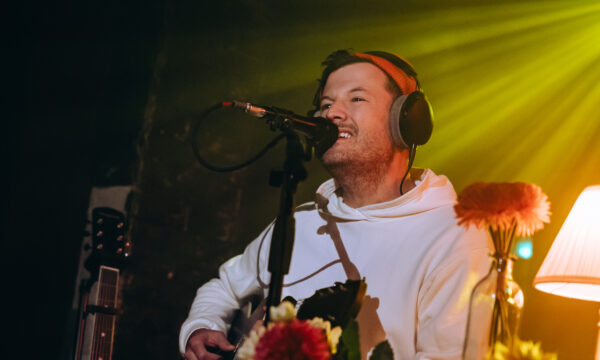
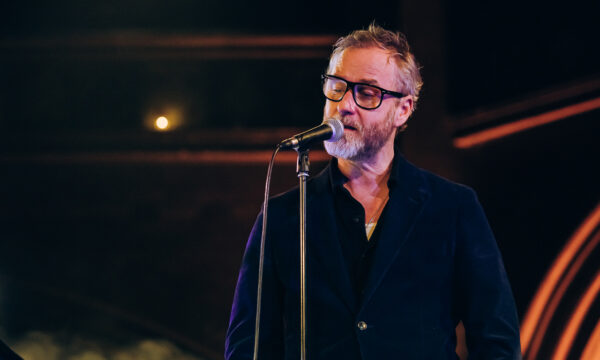













Facebook
Twitter
Instagram
YouTube
RSS